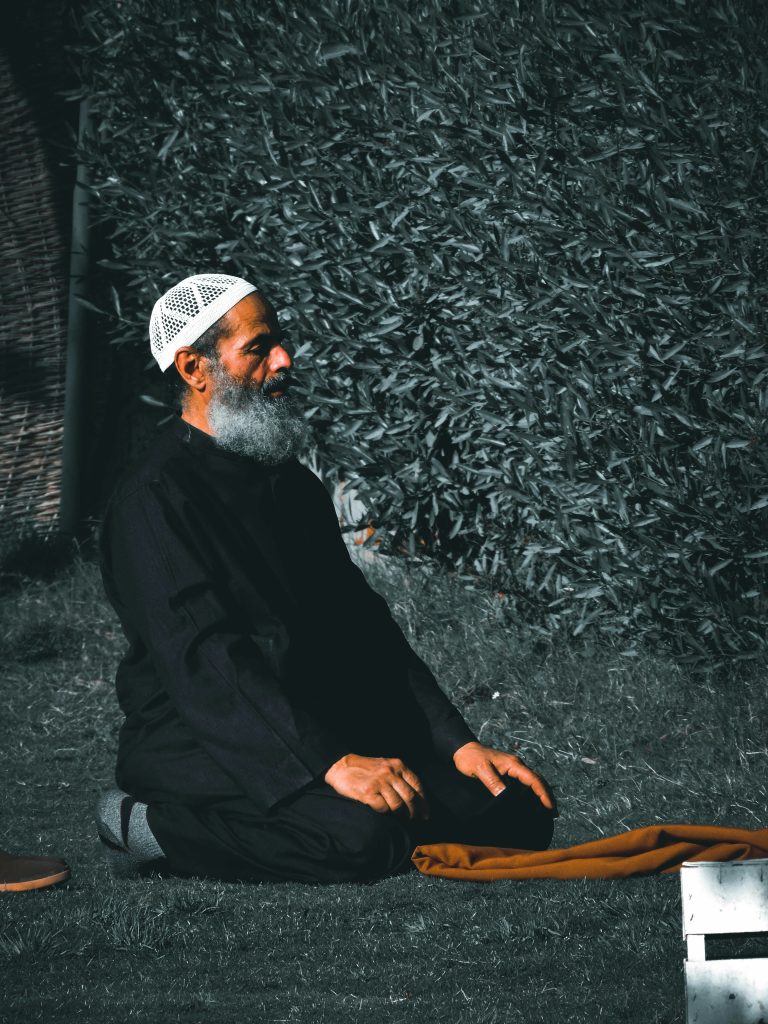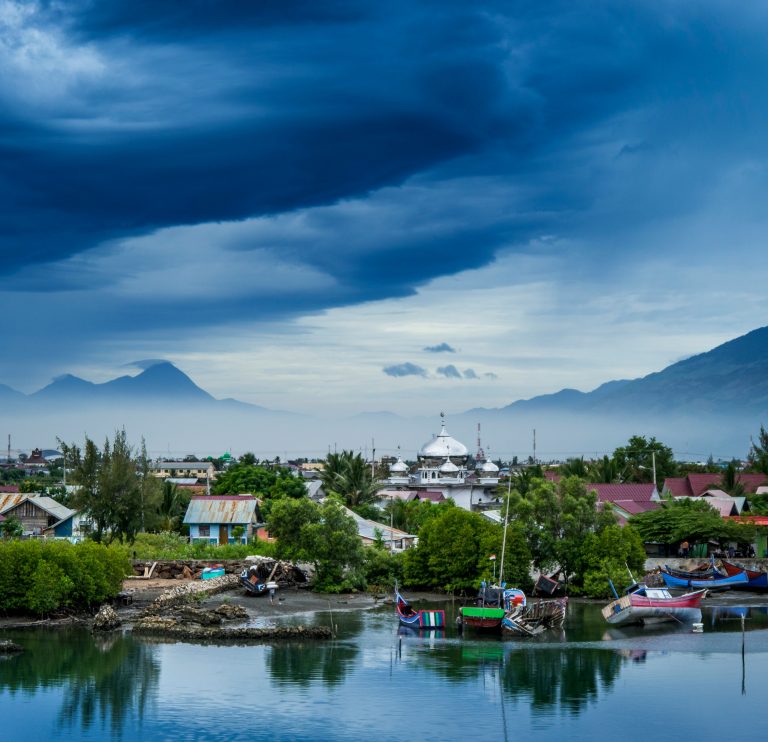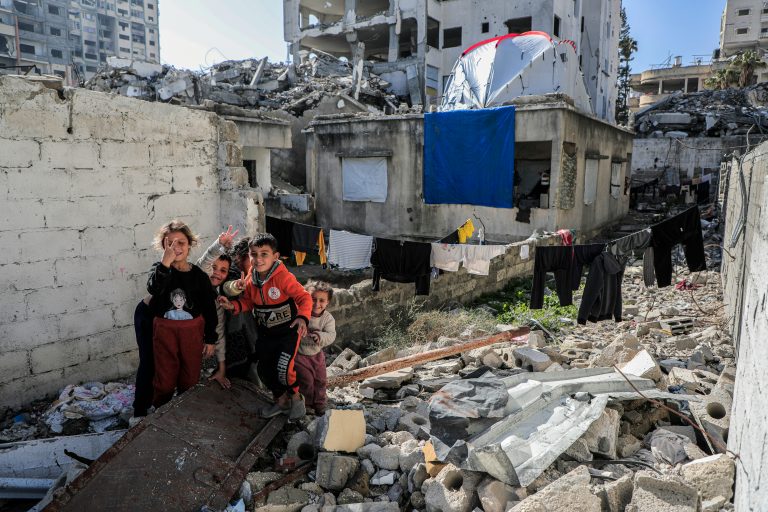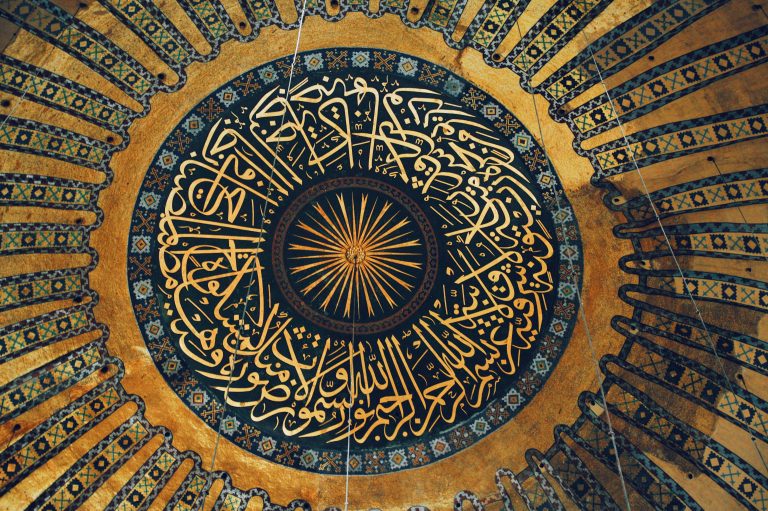
Whenever there is a war or armed conflict in a war zone, it is exciting to observe how the media plays a vital role in framing news and attracting sympathy from the global community. Sometimes, the war is more intense among netizens when they have to decide whom they will support in the armed conflict in Ukraine. The news from journalists on the frontline will help netizens take a stand.
If I want to see the victory of the Russian army in Ukraine, then I will watch RT, Russia’s official news media, which consists of several languages (Russian, French, Arabic, and English). In addition, the humanitarian actions carried out by the Russian government against civilians. I immediately assumed that the Russian government was right when it invaded Ukraine.
On the other hand, if I wanted to see the international response condemning the war in Ukraine, I would watch the impact of the Russian invasion on various television channels against the aggression of the Russian army in Ukraine. Russia’s actions are seen as very inhumane. Then the image of Putin is shown as a bloodthirsty figure. Meanwhile, Zelensky’s face is shown as the president on the front line defending his homeland with his people while expecting real help from international parties.
Numbers and pictures are significant. How many Russian soldiers died that need to be reported by the Ukrainian news syndicate and international media? Meanwhile, the number of civilian casualties in Ukraine does not need to be concretely explained by RT. Then, the picture of the touching war is shown, and the war exists. All that remains is to be framed by journalists, editors, and anchors to report to the world, with only two expected sympathies or antipathies from the audience.
Global sympathy is indispensable in a war. During the conflict in Aceh, reporting on the number of Indonesian soldiers who died on the battlefield was not recommended to be reported concretely. The media is directed to help with framing so that the Acehnese rebels are a group that must be eradicated because they threaten the state’s sovereignty. During the September 11, 2001, WTC incident, the role of the Western
media was very prominent, so Islamophobia emerged in Western countries. Eventually, Al Qaeda became a global enemy to the countries behind the United States.
I firmly believe that this framing will shape Putin’s image as the previous Russian leader (Lenin?) when this country adopted Marx as one of its central teachings. Russia has a long history of finding good ideas for its thinking. I have tried to understand it in Isaiah Berlin’s Russian Thinker and The Soviet Mind.
Therefore, the war in Ukraine is a new chapter of the war that repeats the history of the bloody conflict in the Soviet region. Isaiah Berlin tells how his childhood saw the social revolution in his hometown of Riga. That bloody tragedy has been happening in the area for a long time.
So, the media framing during the armed conflict in Ukraine, it did not invite the world’s population to support or reject the steps of Putin as an aggressor in the former Soviet lands and Zelensky as a hero in the Balkans, but they were repeating their history, That blood must be shed when dialogue is over. Deadlocked!
News coverage of the war in Ukraine by the news media, social media, and television in Indonesia only seeks sensationalism and advertisements on their channels. Framing the title in the thumbnail, not to understand the war itself, but to attract viewers to click on their YouTube channel. The analysts instead base their opinion on the results of news framing, so how they argue when commenting on the armed conflict in Ukraine today can be seen.
I have witnessed armed conflicts in Aceh, Pattani, and Mindanao. Until one conclusion, our discussion in Pattani with activists from several Asian countries concluded that there are symptoms that war is an industry, or rather, the industry of war. The civilians who are the victims do not care about the news, but they want the conflict to end immediately. Today, it is a bit hasty to say that the war in Ukraine is a part of the 21st-century war industry.
War can increase income for some groups, especially for media and social media platform owners. Of course, this differs from World War I and World War II, where their sad stories were not heard as part of the media framing. Journalists are on the frontline, reporting not as massively as the wars of the 21st century. Because of that, maybe the “enter” pushers want war to increase their income.
The blood that comes from soldiers and civilians is almost equal to the advertising revenue media owners receive.





